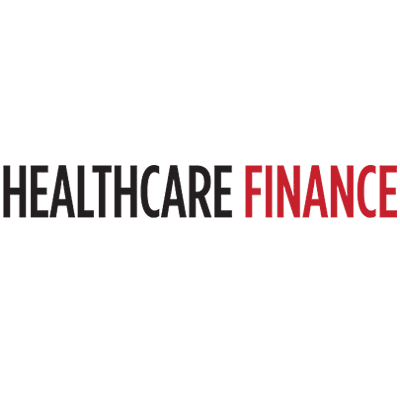News
Study: Medicare Could Save Billions on Insulin If Given Ability to Negotiate
Published Feb. 5, 2020
According to one study, Medicare could save more than $4 billion per year – simply on insulin alone – if the program was allowed to negotiate drug pricing in the same way the U.S. Department of Veterans Affairs (VA) can negotiate.
The study, published February 3, 2020, in JAMA Internal Medicine, comes from researchers at the Brigham and Women’s Hospital and Harvard Medical School in Boston.1
Learn More About Medicare
Join our email series to receive your free Medicare guide and the latest information about Medicare and Medicare Advantage.
By clicking "Sign me up!” you are agreeing to receive emails from MedicareAdvantage.com.
Medicare Part D insulin coverage could cost over $4 billion less
In 2017, Medicare spent almost $8 billion on insulin through the coverage provided by Medicare Part D. Medicare Part D prescription drug plans are sold by private insurance companies and provide prescription drug coverage to Medicare beneficiaries.
Medicare Part D plans are prohibited by law from negotiating prescription drug costs with pharmaceutical companies. The VA, on the other hand, is permitted to negotiate drug prices and obtain discounts from pharmaceutical companies. The VA has also established a national formulary, or a list of drugs that are approved for treatment.
Medicare vs. the VA on insulin spending
According to the study, Medicare as a whole could recoup around $4.4 billion per year if it were allowed to negotiate insulin prices. Researchers looked at 31 different insulin medications and compared Medicare Part D spending in 2017 to that of the VA for the same medications.
Total insulin spending by Medicare was $7.8 billion after manufacturer rebates. If Medicare had been allowed to negotiate this spending, the program could have saved $2.9 billion. And if Medicare was able to use the VA’s pricing and have a standard formulary, projected savings could reach $4.4 billion.
“Medicare now accounts for a third of all drug spending. Legislation allowing Medicare to negotiate prices and establish a central formulary would help save taxpayers money. We just looked at insulin, but other studies have shown other drugs would have savings as well.” Dr. William Feldman, study lead author.2
Medicare Part D and insulin coverage
Medicare Part A and Medicare Part B make up what is called “Original Medicare” and are provided and administered by the federal government. Original Medicare does not typically offer coverage for prescription medications such as insulin.
Medicare Part B may provide coverage for insulin in some cases only if it’s administered with a pump. Medicare beneficiaries otherwise must turn to private Medicare Part D prescription drug plans if they want coverage for insulin and other medications.
Medicare Advantage plans (Medicare Part C) are privately sold insurance plans that cover everything that Original Medicare covers, and most Medicare Advantage plans also offer prescription drug coverage.
Find Medicare Advantage plans in your area
Compare PlansOr call TTY Users: 711 to speak with a licensed insurance agent. We accept calls 24/7!

About the author
Christian Worstell is a senior Medicare and health insurance writer with MedicareAdvantage.com. He is also a licensed health insurance agent. Christian is well-known in the insurance industry for the thousands of educational articles he’s written, helping Americans better understand their health insurance and Medicare coverage.
Christian’s work as a Medicare expert has appeared in several top-tier and trade news outlets including Forbes, MarketWatch, WebMD and Yahoo! Finance.
Christian has written hundreds of articles for MedicareAvantage.com that teach Medicare beneficiaries the best practices for navigating Medicare. His articles are read by thousands of older Americans each month. By better understanding their health care coverage, readers may hopefully learn how to limit their out-of-pocket Medicare spending and access quality medical care.
Christian’s passion for his role stems from his desire to make a difference in the senior community. He strongly believes that the more beneficiaries know about their Medicare coverage, the better their overall health and wellness is as a result.
A current resident of Raleigh, Christian is a graduate of Shippensburg University with a bachelor’s degree in journalism.
If you’re a member of the media looking to connect with Christian, please don’t hesitate to email our public relations team at Mike@tzhealthmedia.com.








